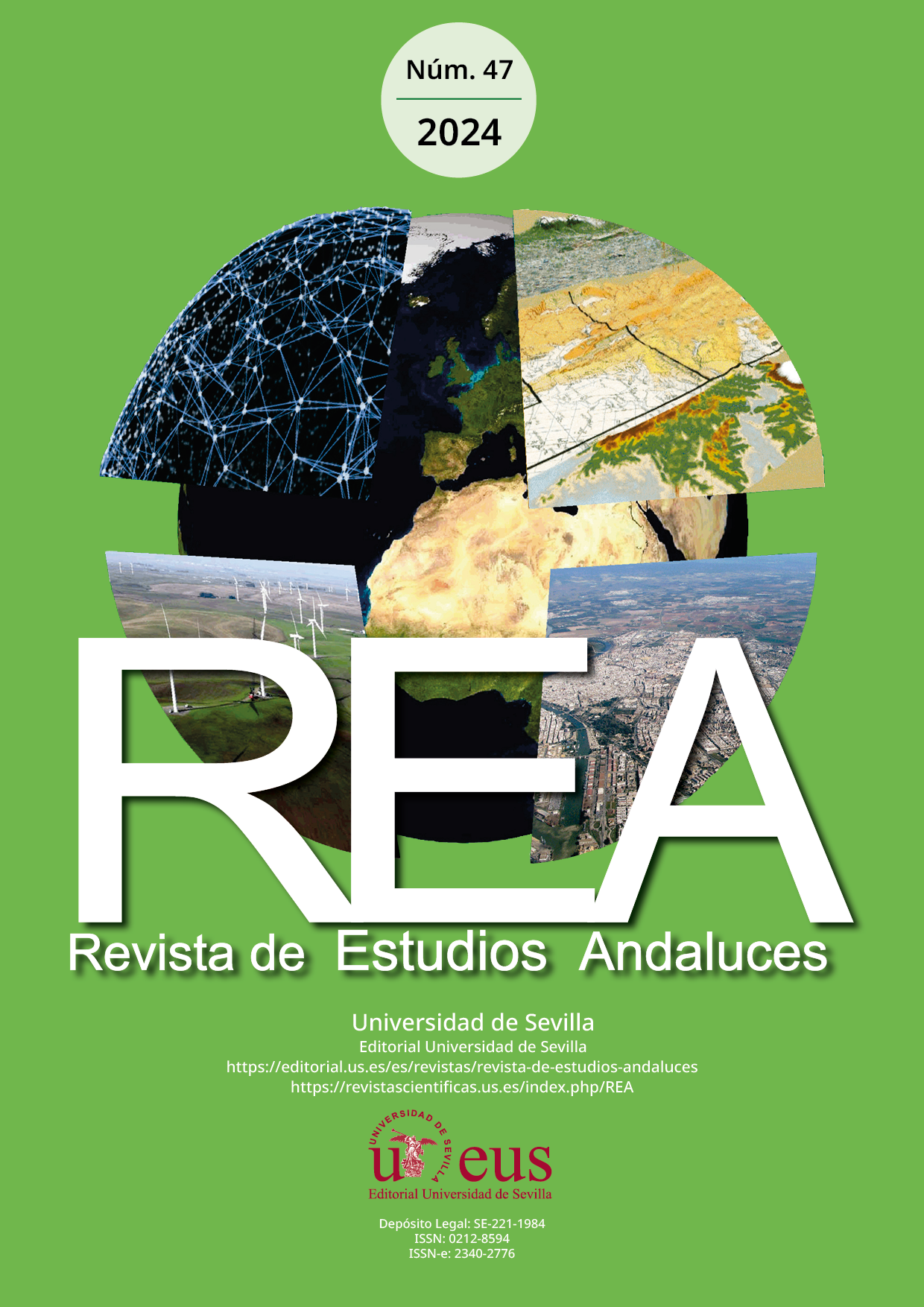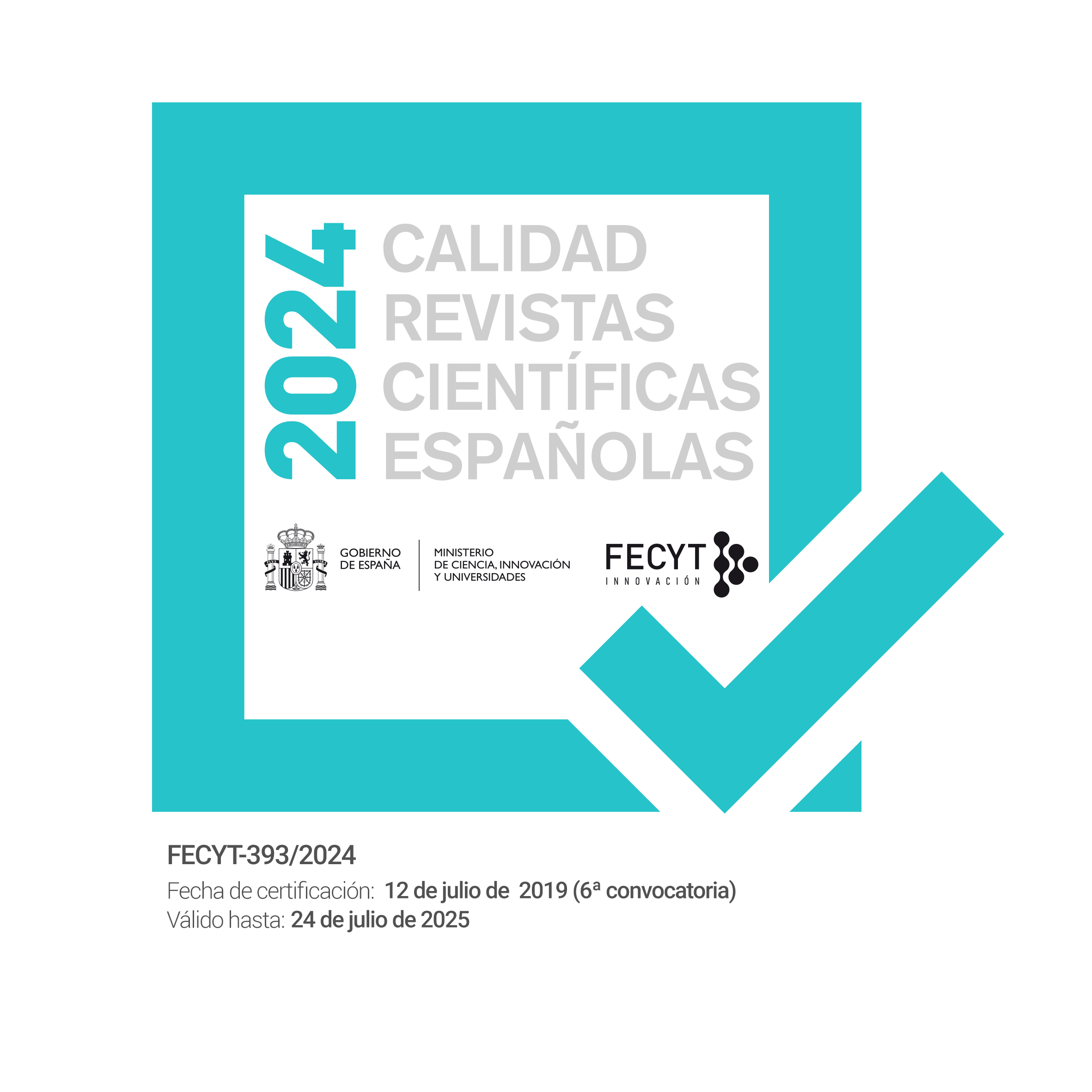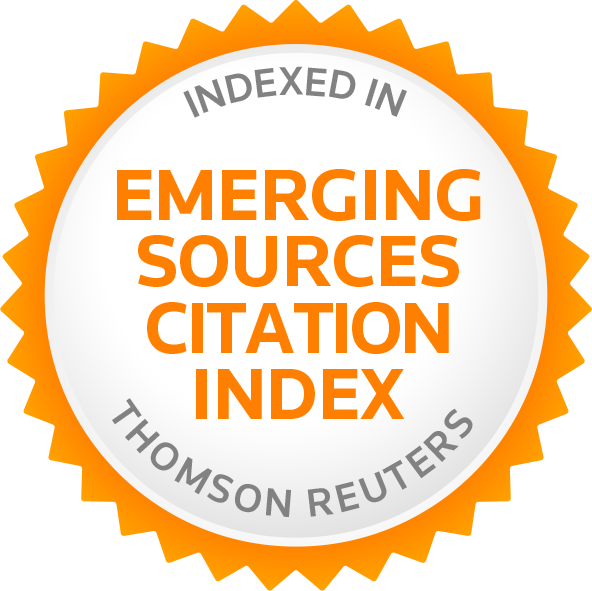Does the colonial past influence the model of tourism development? The case of Ehden (Lebanon)
Palabras clave:
Tourism, Legacy of colonialism, Sustainable tourism, Tourism participation, Endogenous resources, LebanonResumen
This research studies whether the tourism development model in Ehden (Lebanon) is sustainable and balanced, or whether, on the contrary, it responds to the unsustainable pattern of its colonial past. To this end, interviews with local stakeholders, surveys of residents and tourists were carried out and analysed using descriptive statistics and cross-sectional data techniques. The results show that local stakeholders want to promote an integrated tourism development model in Ehden based on territorial resources that involve the local population. The population is willing, for the most part, to get involved in the tourism development model of the town, and tourists are committed to diversified activities centred on the natural and cultural heritage of Ehden, which value the town’s specific resources. However, it has been detected that this is a demand of those with high income that stays in high quality hotels or rural accommodation and is concentrated in the summer months, which denotes a strong seasonality and unsustainability of tourism. It is concluded that, although the colonial past is present in the territory, there is currently a great interest from all the agents involved in tourism to promote an integrated tourism model that could help to boost economic diversification.
Descargas
Descargas
Publicado
Cómo citar
Número
Sección
Licencia
Derechos de autor 2024 Revista de Estudios Andaluces

Esta obra está bajo una licencia internacional Creative Commons Atribución-NoComercial-CompartirIgual 4.0.
La edición electrónica de la Revista de Estudios Andaluces se ofrece en acceso abierto desde el número 28 publicado en 2011 hasta la actualidad. Las ediciones impresa y electrónica de esta Revista son editadas por la Editorial de la Universidad de Sevilla, siendo necesario citar la procedencia en cualquier reproducción parcial o total.
La Revista de Estudios Andaluces no cobra tasas por el envío de trabajos, ni tampoco cuotas por la publicación de sus artículos. La Revista es gratuita desde el momento de la publicación de cada número y sus contenidos se distribuyen con la licencia “CreativeCommons Atribución-NoComercial-SinDerivar 4.0 Internacional” , que permite al usuario de la Revista de Estudios Andaluces criterios que cumplen con la definición de open access de la Declaración de Budapest en favor del acceso abierto. Puede consultar desde aquí la versión informativa y el texto legal de la licencia. Esta circunstancia ha de hacerse constar expresamente de esta forma cuando sea necesario.







